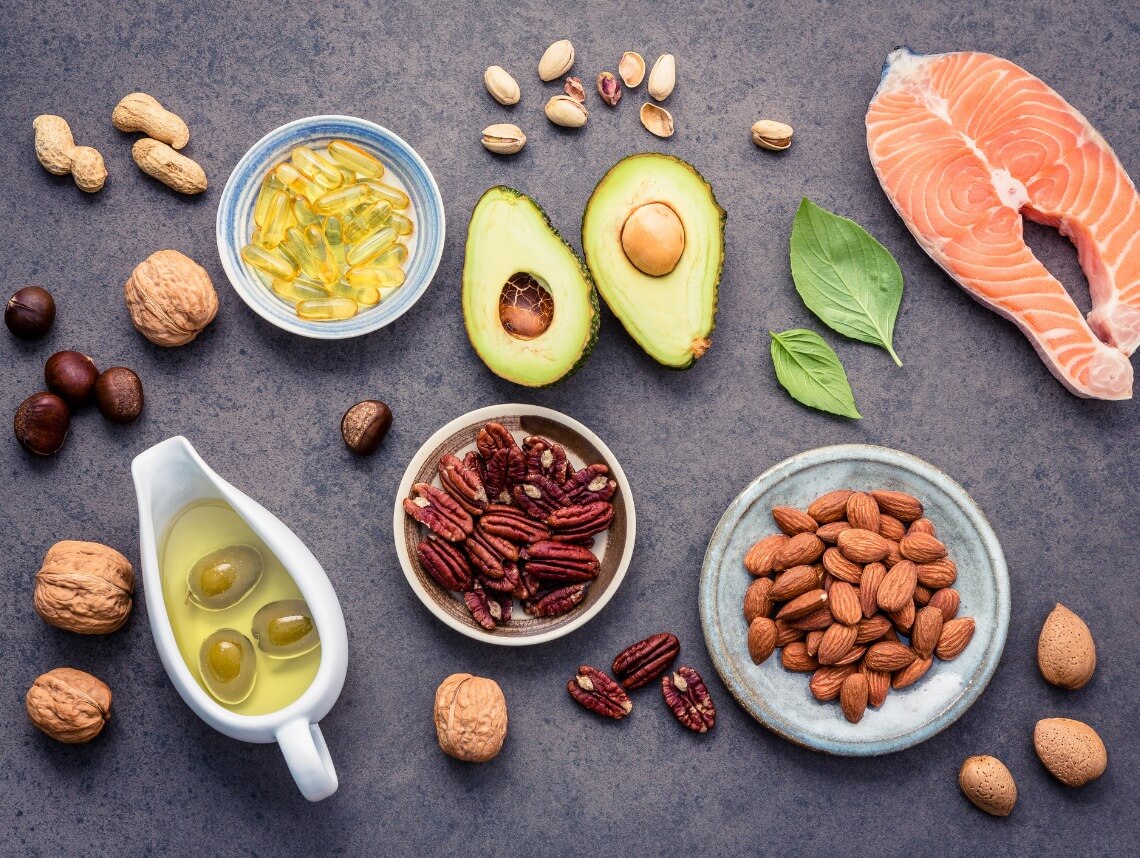A brain-healthy diet for seniors plays a vital role in maintaining sharp memory, steady focus, and emotional well-being. As people age, brain cells need more antioxidant-rich foods, omega-3 fatty acids, and vitamins to fight oxidative stress. A balanced eating plan helps improve cognitive performance and reduces the risk of memory decline. Seniors benefit most from whole foods that nourish both the brain and body. By focusing on nutrient-dense meals, it is possible to keep mental clarity strong well into the golden years. This guide outlines the most effective foods, meal strategies, and lifestyle tips to protect the brain naturally.

Why Brain Health Matters for Seniors
Good nutrition strengthens neuron communication, improves mood, and slows age-related decline. Seniors with a brain-healthy eating plan enjoy better memory recall and decision-making. The brain consumes about 20% of the body’s daily energy, making diet a powerful tool for mental vitality. Eating the right foods boosts neurotransmitter production and keeps blood circulation steady, which helps prevent brain fog. Regular intake of memory-boosting foods supports independence, emotional stability, and lifelong learning even after retirement years.
Key Nutrients for Cognitive Function
A brain-supportive diet must include omega-3 fatty acids from salmon, walnuts, and chia seeds. Antioxidants from berries, leafy greens, and dark chocolate protect neurons from damage. Vitamin B12, found in eggs and lean meats, helps maintain nerve health and memory sharpness. Magnesium-rich foods like pumpkin seeds aid relaxation and better sleep. Seniors also benefit from lutein in spinach for visual processing. Regular hydration supports mental clarity. Combining these nutrients daily ensures the brain remains energized, alert, and ready to handle learning and problem-solving tasks effectively.

Best Foods for Senior Brain Health
- Fatty fish – Salmon, sardines, and mackerel supply high omega-3s for neuron protection.
- Berries – Blueberries, strawberries, and blackberries reduce inflammation and enhance memory.
- Nuts & seeds – Almonds, flaxseeds, and walnuts support learning and focus.
- Leafy greens – Kale, spinach, and collard greens improve blood flow to the brain.
- Whole grains – Oats, brown rice, and quinoa maintain steady glucose for mental energy.
- Dark chocolate – In moderation, it boosts dopamine and concentration.
- Green tea – Improves alertness without jitters.
A variety of these brain-friendly foods in daily meals ensures seniors get sustained mental performance and emotional balance.
Meal Planning Tips for Seniors
A practical cognitive-friendly diet plan includes three balanced meals with two healthy snacks. Breakfast may include oatmeal with berries, lunch a leafy green salad with salmon, and dinner quinoa with steamed vegetables and grilled chicken. Avoid processed sugars, which cause energy crashes. Seniors should prepare meals in batches for convenience and portion control. Adding herbs like turmeric and rosemary supports memory. Staying consistent with these eating patterns keeps the brain nourished and functioning optimally every day.
Lifestyle Habits that Support Brain Health
A mind-focused lifestyle pairs diet with exercise, sleep, and social activity. Daily walks increase oxygen flow to the brain. Brain games like puzzles, reading, or learning a new skill stimulate neural pathways. Adequate rest allows memory consolidation. Social interaction reduces stress hormones that impair cognition. Seniors can combine a brain-boosting diet with these activities for maximum benefit. Staying hydrated and limiting alcohol helps maintain mental clarity, mood stability, and sharp thinking well into later years.
Conclusion
Following a brain-healthy diet for seniors with nutrient-rich foods, balanced meals, and supportive lifestyle habits keeps memory sharp and thinking clear. By choosing wholesome, natural ingredients, seniors can enjoy not only a longer life but also a brighter, more mentally active future. The brain truly thrives on mindful nourishment.
